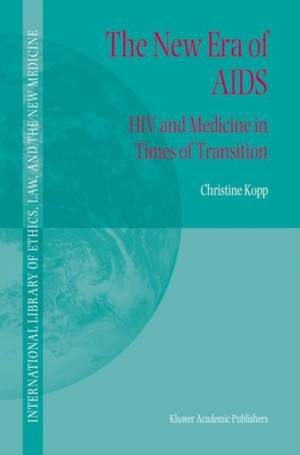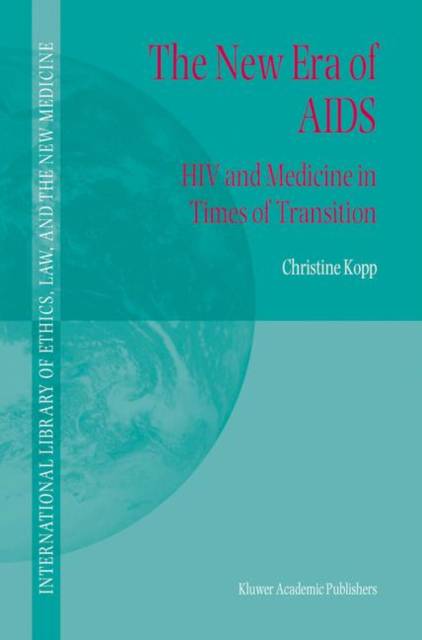
- Retrait gratuit dans votre magasin Club
- 7.000.000 titres dans notre catalogue
- Payer en toute sécurité
- Toujours un magasin près de chez vous
- Retrait gratuit dans votre magasin Club
- 7.000.0000 titres dans notre catalogue
- Payer en toute sécurité
- Toujours un magasin près de chez vous
Description
In the mid-1990s new treatment options introduced a new era of AIDS. This book is a sophisticated study of the shaping of this new era. Well informed by ethnographic as well as statistical data, it reveals the complex and ambiguous processes of change in the field of HIV/AIDS and beyond. The investigation leads from the changing conceptions of disease and body to the re-defined roles of patients and physicians, and eventually treats the shifts in the production and diffusion of knowledge that the health care system underwent. In doing so, the book captures the new era of AIDS from multiple perspectives and through the voices of physicians as well as people with HIV. It offers an accessible and engaging account of the wide-ranging responses this illness caused.
As an original and timely contribution to questions of considerable currency in medicine and the social sciences, the book meets the interests of specialists, professionals, researchers and students alike.
Spécifications
Parties prenantes
- Auteur(s) :
- Editeur:
Contenu
- Nombre de pages :
- 188
- Langue:
- Anglais
- Collection :
- Tome:
- n° 15
Caractéristiques
- EAN:
- 9781402010484
- Date de parution :
- 31-03-03
- Format:
- Livre relié
- Format numérique:
- Genaaid
- Dimensions :
- 160 mm x 251 mm
- Poids :
- 471 g

Les avis
Nous publions uniquement les avis qui respectent les conditions requises. Consultez nos conditions pour les avis.






